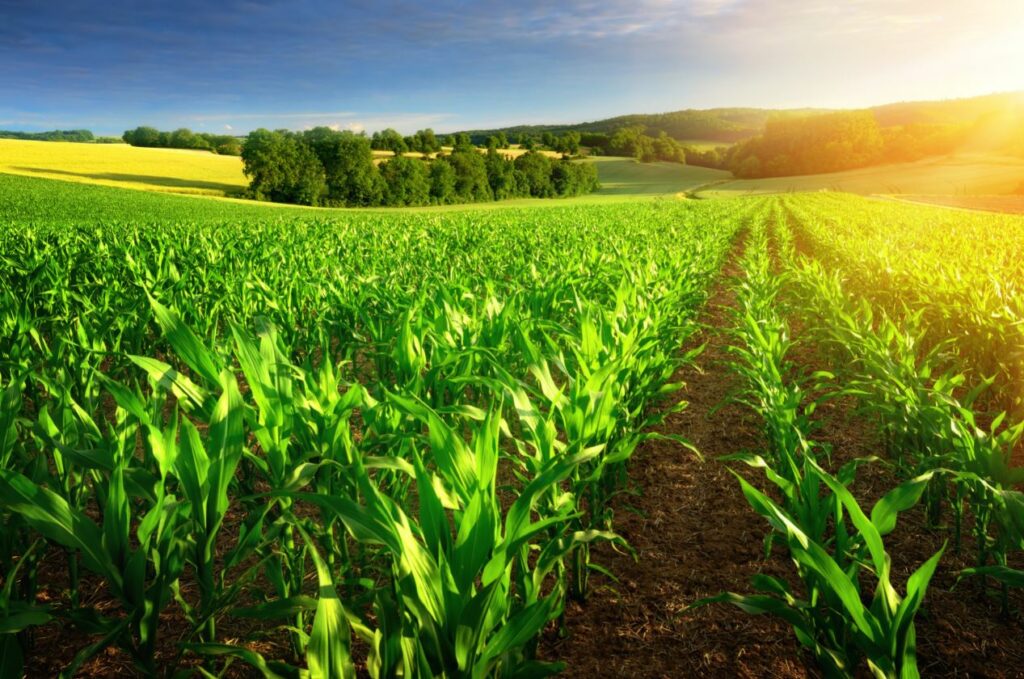The Netherlands has endured as, like most other EU memberstates, an unprecedented health and resulting economic crisis due to COVID-19. Due to appropriate and strict measures that were taken by our government and surrounding memberstates, the first positive signs of containment and control are slowly becoming visible in the Netherlands.
A number of policy decisions and implementations have been delayed, one of them regarding additional measures to reduce the CO2 emissions in the Netherlands to achieve the reduction target (25% in 2020 compared to 1990) that was issued via a court case (Urgenda). Also there is discussion on delaying the introduction of a CO2 tax in the Netherlands.
Chemical industry (including mineral fertilizers production) as well as the agricultural sector is seen as a vital sector already from the start of the COVID-19 crisis.
Up to now signals we get from our members are that both production and distribution is continuing rather uninterrupted. Logistics is one of the main areas of concern, mostly regarding importing raw materials and shipping final products, but also for people living in Flanders and working in the Netherlands.Up to now fitting solutions have been implemented.
We see though massive problems in specific sectors like the ornamental horticulture and chips potatoes since there is an enormous drop in offtake.


Other problems arise in seasonal employment, either getting the people or accommodating them. Also the usual interaction between companies and authorities is affected, regular inspections are sometimes delayed, and good communication with local authorities is important to avoid misunderstandings.
All our member companies have defined procedures on how to keep production and logistics running in the safest way. We expect that the procedures for chemical industry and agriculture won’t introduce additional limitations to current practices.
Our government is now preparing on what they call the ‘1,5 meter economy’, asking all sectors to prepare procedures on how they can operate safely towards the future. For the (currently) closed sectors these procedures have to be approved by the government and are a requisite to get permission to open up bussiness in (the hopefully) near future. As mentioned the fertilizers and agriculture sector belong to the so called ‘open sectors’ and have already their own specific instructions in place. There has been close cooperation on sharing best practices between companies and sectors via the VNCI (dutch chemical association) and VNO-NCW (the Confederation of Netherlands industry and Employers).
Our government has issued a vast package of financial support measures (temporary unemployment, delay of taxes), including specific aid to agricultural sectors like the chips potatoes to compensate the primary sector for part of their losses. The economical impact for our country is already huge, for example pension funds have lost double digit percentages on their capital.
Specifically interesting for the Netherlands is that the Ministry of Agriculture is continuing on their policy package on reducing the nitrogen emissions. For example, the budget to enable 2/2 pig farmers to end their business has been raised. At the same time we see that the air quality and nitrogen deposition is significantly lower than before the COVID-19 crisis, which undoubtly will be food for discussion.
You’ll find the most recent information from our government on COVID-19 here.
To download the full article click here.
